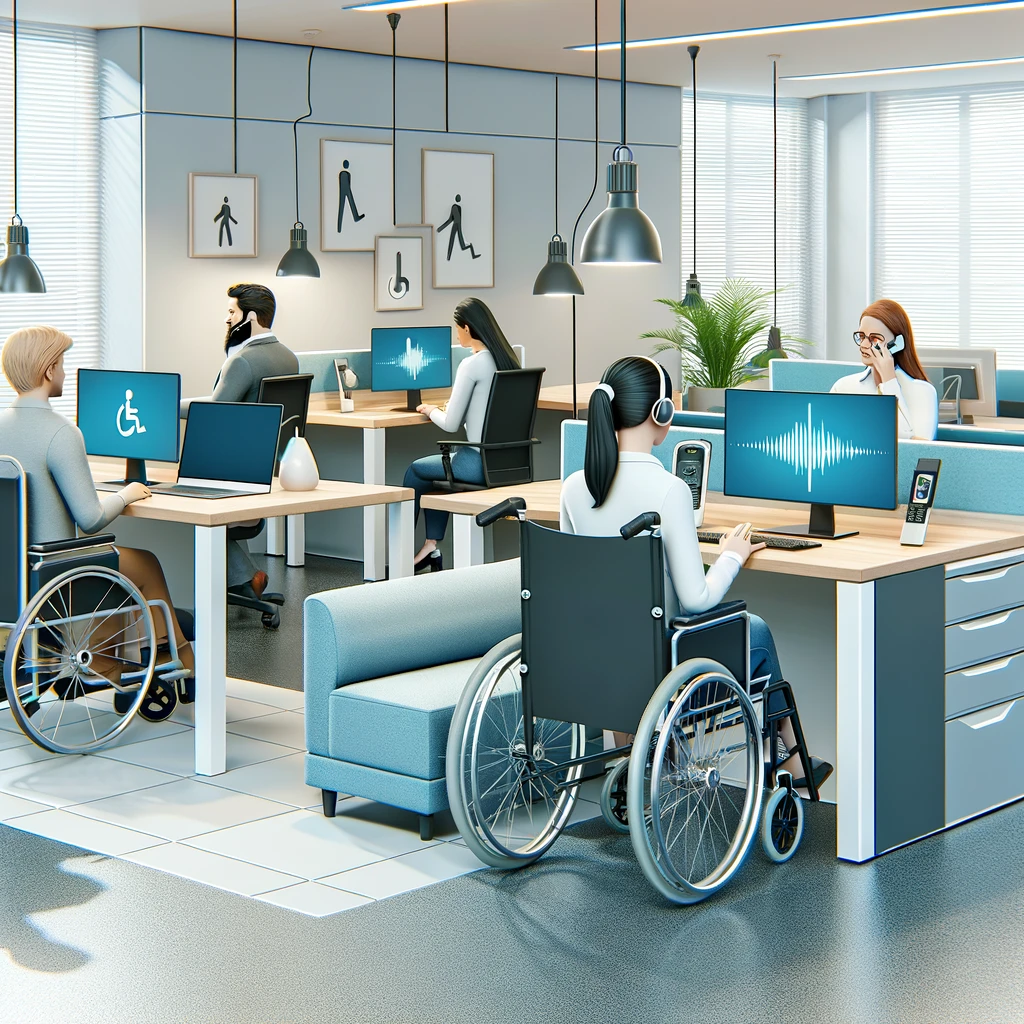For disabled students, navigating university life can sometimes feel overwhelming, but with the right support systems in place, the experience can be empowering and rewarding. Universities today offer a wide range of services specifically designed to support disabled students in achieving academic success and making the most of their university experience. These services cater to various needs, whether they are related to mobility, learning, mental health, or other disabilities.
This article will walk you through the essential university support services available to disabled students, outlining how they can benefit and access these resources.

Types of University Support Services for Disabled Students
The support services available at universities for disabled students are as diverse as the needs they address. Below are the key services commonly offered.
Disability Support Offices
Many universities have a dedicated office or center that focuses on supporting disabled students. These centers act as the first point of contact for students seeking assistance with accommodations and services.
- Purpose: Helps students with registering their disabilities, arranging accommodations, and providing ongoing support throughout their university journey.
- Common Services: Assistance with applying for accommodations, communication with faculty, and access to resources like note-takers or interpreters.
Academic Accommodations
Academic accommodations are modifications or adjustments made to ensure disabled students can access their education without barriers. Some of the most common academic accommodations include:
- Extended Time for Exams: Students with disabilities may be granted additional time to complete tests and exams.
- Accessible Course Materials: This includes providing textbooks in alternative formats like audio, Braille, or large print.
- Lecture Recording: Disabled students may be permitted to record lectures for later review.
- Adaptive Technology: Access to specialized equipment like screen readers, speech-to-text software, and ergonomic workstations.
Campus Accessibility
Universities strive to create accessible environments for students with physical disabilities. These efforts include:
- Accessible Buildings: Campuses are equipped with ramps, elevators, and automatic doors to ensure students can easily move around.
- Accessible Transportation: Universities often provide shuttle services or other transportation options specifically designed for students with mobility issues.
- Adaptive Equipment: Classrooms and labs may have specialized furniture or equipment for students with physical disabilities.
Assistive Technology
Assistive technology is a game-changer for many disabled students, helping them access course materials and complete assignments more easily. Common tools include:
- Screen Readers: Convert text into speech for visually impaired students.
- Text-to-Speech Programs: Allow students with physical or learning disabilities to dictate their work instead of typing.
- Hearing Amplification Devices: Help students with hearing impairments during lectures or seminars.
Mental Health and Counseling Services
Universities understand that disabled students may face additional stress and mental health challenges, which is why many institutions offer:
- Counseling Services: Licensed professionals are available to provide therapy and mental health support.
- Peer Support Groups: Universities often create spaces for students to connect with others facing similar challenges, fostering a sense of community.
Housing Accommodations
Universities also make special housing accommodations for disabled students to ensure they can live on campus comfortably. These accommodations may include:
- Accessible Dorms: Equipped with wider doorways, lower counters, and adapted bathrooms.
- Assistance with Service Animals: Policies that allow students to bring service or emotional support animals into their dormitories.
- Proximity to Classrooms: Some students may be placed in dorms closer to their classes to reduce the need for extensive travel across campus.
Benefits of Support Services for Disabled Students
Support services provide a number of advantages for disabled students, ensuring that their university experience is both enriching and manageable:
- Equal Access to Education: With accommodations, students can meet the same academic standards as their peers without being hindered by their disabilities.
- Improved Well-being: Emotional and mental health support ensures that students remain focused on their studies without being overwhelmed by the challenges they face.
- Greater Independence: Access to assistive technology and campus accessibility allows students to manage their academic lives independently.
- A More Inclusive University Culture: The presence of these services encourages inclusivity, creating an environment where every student feels valued.
How to Access University Support Services
To make the most of the services available, disabled students need to take specific steps to register for and access these resources. Here’s a step-by-step guide to help:
- Register with the Disability Support Office: Students must first contact their university’s Disability Support Office or similar department and disclose their disability.
- Provide Documentation: Students will need to submit medical or psychological documentation that outlines the nature of their disability and the accommodations they require.
- Meet with a Disability Coordinator: The next step usually involves meeting with a coordinator to discuss the student’s needs and to determine the best accommodations.
- Follow Up: Regular communication with professors, disability support staff, and other relevant departments is essential to ensure accommodations are being met and adjustments are made when necessary.
Additional Resources and Services
Many universities collaborate with external organizations to offer even more support to disabled students:
- Scholarships for Disabled Students: Financial aid is available to help cover tuition and other expenses for students with disabilities.
- Career Counseling: Tailored career services help disabled students prepare for the workforce, offering internship placements, resume writing workshops, and interview coaching.
- Support Networks and Advocacy Groups: Joining disability advocacy organizations, either on-campus or nationally, provides students with additional resources and a community of peers.
Conclusion
Disabled students have a wealth of support services available to them at universities, ranging from academic accommodations to mental health services. These services not only help level the playing field in terms of academic performance but also foster a supportive, inclusive environment where all students can thrive.
By taking full advantage of these resources, disabled students can enjoy a rich, fulfilling university experience, preparing themselves for academic success and personal growth. Whether it’s through assistive technology, accessible housing, or emotional support, universities are committed to helping every student achieve their goals.